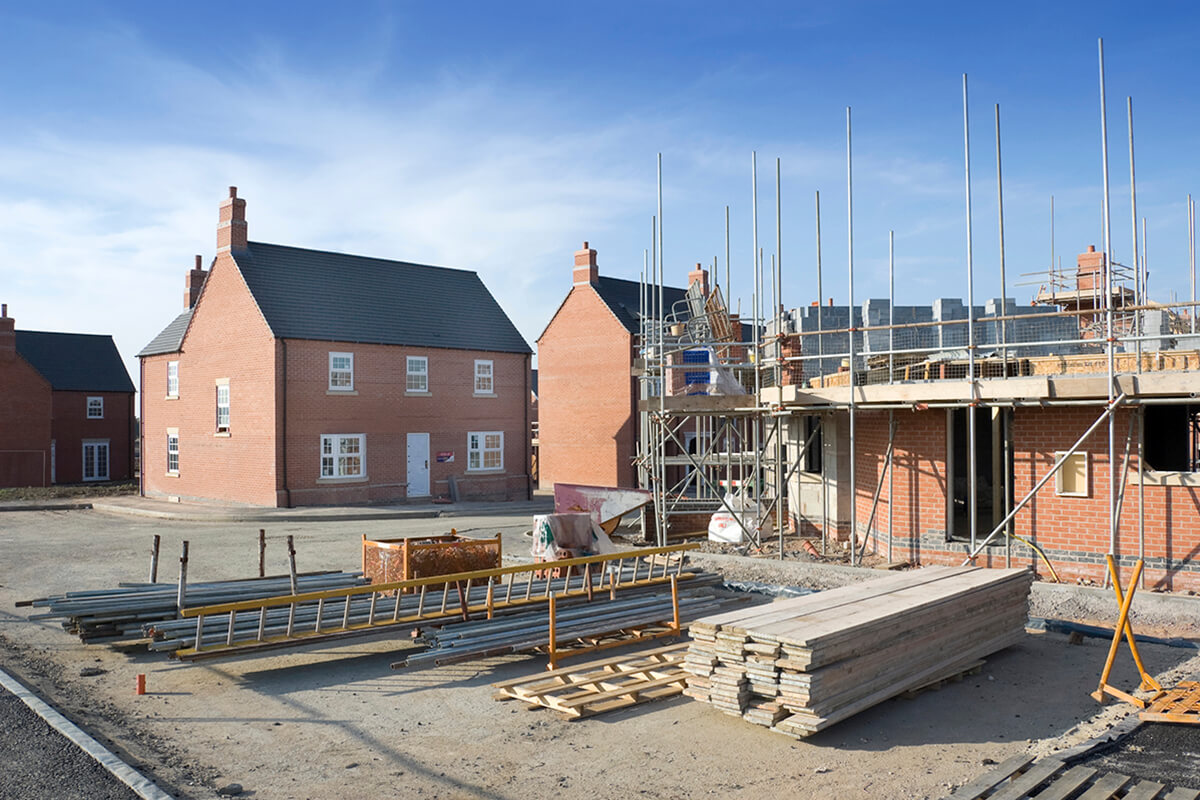Reforms to the New Homes Bonus outlined in the provisional local government finance settlement will have a disproportionate and adverse impact on the communities we serve and remove both the incentive for growth and the funding to support it – despite the fact that district councils currently site more than one-in-two of all new house builds nationwide.
In its consultation response to the provisional local government finance settlement, the District Councils’ Network, which represents all 201 English district councils, calculates its members have seen 5.2% cuts to core spending power, compared to average 1.1% reductions across local government.
Cllr Neil Clarke, chairman of the District Councils’ Network (DCN) said: “It is clear that district councils are taking the largest hit in spending power reductions between 2016/17 and 2017/18.
“Shire district core spending power is set to plummet by 5.2% – a far more swingeing cutback than the 1.1% average reduction across local government as a whole.
“From the DCN perspective, NHB changes strip out £75m from district council revenues and risk destroying the link between local economic growth and the funding of local public services. The NHB which is a reward for growth that allows district councils to provide the additional facilities and services required to meet the needs of existing and new residents alike in delivering more housing and is vital in ensuring support for future housing growth
“We feel the introduction of a new 0.4% baseline for housing growth under which councils will not receive any NHB is unfair, and counterproductive.
“Unfair because it was not included in the original consultation and could not have been predicted.
“Counterproductive because it means many of our members will now enjoy zero additional NHB revenues for 2017/18, causing not only greater financial instability but also removing entirely any incentive for housing growth – which is the Department for Communities and Local Government’s number one priority.
“The ambitious challenge of building 200,000 new homes a year remains, and districts are – and will continue to be – at the forefront of delivering the country’s housing needs since they already enable one out of every two new homes built nationwide. District Councils will need to take up the challenge of providing the new types of housing for older people if we are to provide a comprehensive response to the social care crisis but the reduction in the reward for delivery of more new homes changes alongside the 1% rent reductions and the refusal to consider lifting the housing borrowing cap will frustrate our desire to deliver housing growth.
“But these NHB reforms will not only stymie vital attempts to encourage economic and housing growth in our areas but will also hamstring the starring role of districts as drivers of local preventative services.
“To solve this impasse, the DCN proposes that the ‘deadweight’ baseline level should be fixed at 0.25% for two years, to assist councils through a transition stage which would help mitigate the longer term effect of the 0.4% ‘deadweight’ level.
“And in the interests of giving districts the degree of certainty that would underpin the Government’s support for long-term financial planning through multi-year settlements, we ask also that there be no further increases to the baseline during this spending review period.
“The DCN recognises the need for additional adult social care funding to meet ever-increasing demand.
“But as a network we reject the application of sticking plaster solutions which only recycle existing local government funding and seemingly benefit only 95 out of 152 social care authorities. This is robbing Peter to pay Paul. There is a greater need for a sustainable and long-term funding solution, alongside a far greater focus on prevention to reduce demand.
“To that end, the DCN will continue to emphasise the relevance and importance of introducing a prevention council tax precept – a 2% levy for district council to reflect the key role that districts play in prevention and demand-reduction for the wider public sector across the country.”
See full DCN response to the provisional 2017-18 local government finance settlement:






